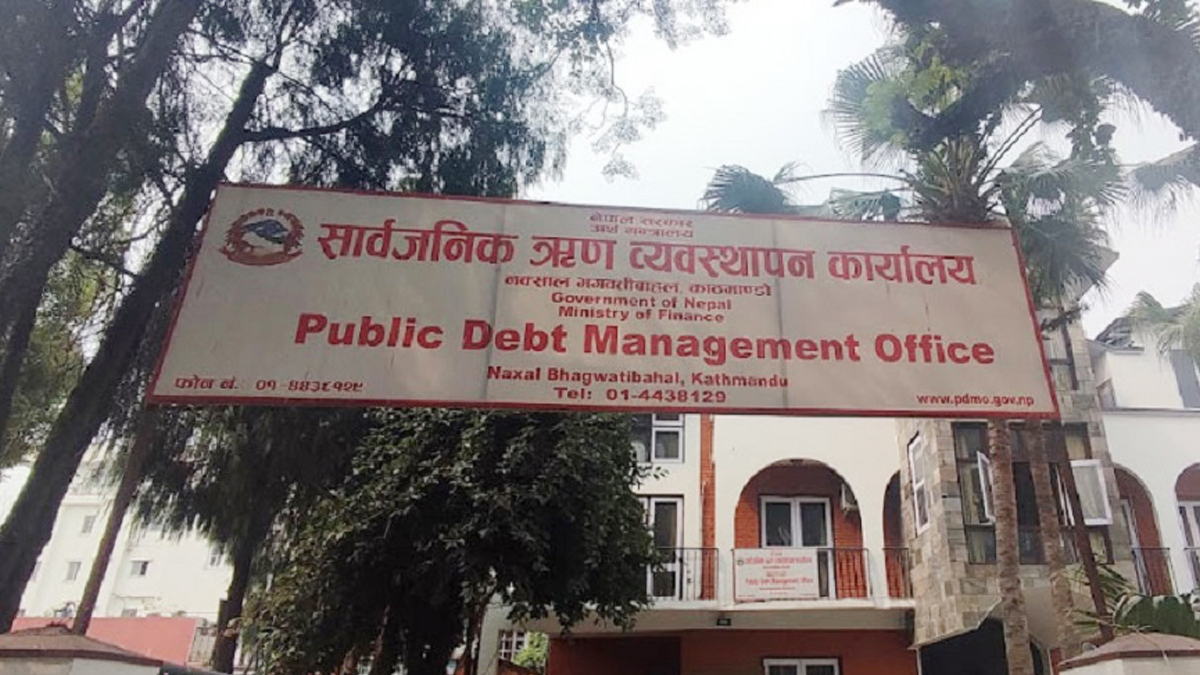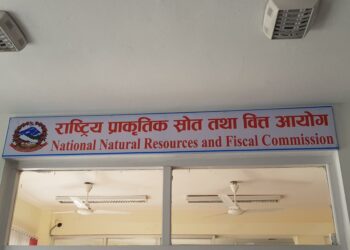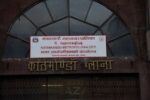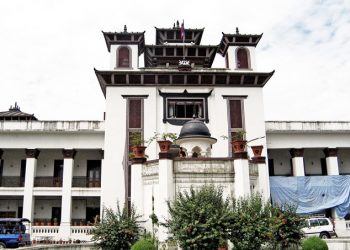KATHMANDU: Nepal’s public debt has soared to Rs 2.49 trillion, creating immense financial strain as the cost of servicing this debt now surpasses the country’s development budget.
A report from the Public Debt Management Office for the first five months of the current fiscal year 2024-25 shows the growing burden of debt obligations, which continues to escalate with each passing year.
At the end of Mangsir (December 15), the total public debt reached Rs 2.49 trillion, which constitutes 43.69 percent of the nation’s Gross Domestic Product (GDP). This reflects an increase of Rs 58.31 billion since the fiscal year began.
Internal debt obligations amount to Rs 1.22 trillion, representing 21.34 percent of the total, while external debt obligations stand at Rs 1.27 trillion, or 22.35 percent of the total public debt.
For the current fiscal year, the government allocated Rs 402 billion for debt servicing. This figure is higher than the Rs 352.35 billion budgeted for capital expenditure.
As of December 15, Rs 170.49 billion had been spent on debt servicing, a figure that is approximately 4.5 times greater than the Rs 40.80 billion spent on capital infrastructure projects.
The government set a target to raise Rs 547 billion through public debt in this fiscal year. By December 15, it had collected Rs 192.29 billion, which is 35.15 percent of the annual target.
Internal borrowing has been relatively successful, with Rs 164 billion raised, achieving 49.7 percent of the internal borrowing goal of Rs 330 billion. However, external borrowing is significantly behind, with only Rs 28.29 billion collected—13.04 percent of the targeted Rs 217 billion.
Debt servicing accounted for 2.99 percent of GDP by December 15, highlighting the weight of this financial obligation.
With more funds being channeled toward debt repayment than development projects, Nepal’s fiscal strategy appears to be heavily skewed.
This imbalance raises concerns about the long-term sustainability of the country’s financial management, as essential infrastructure and development initiatives risk being sidelined in favor of meeting mounting debt obligations.









Comment